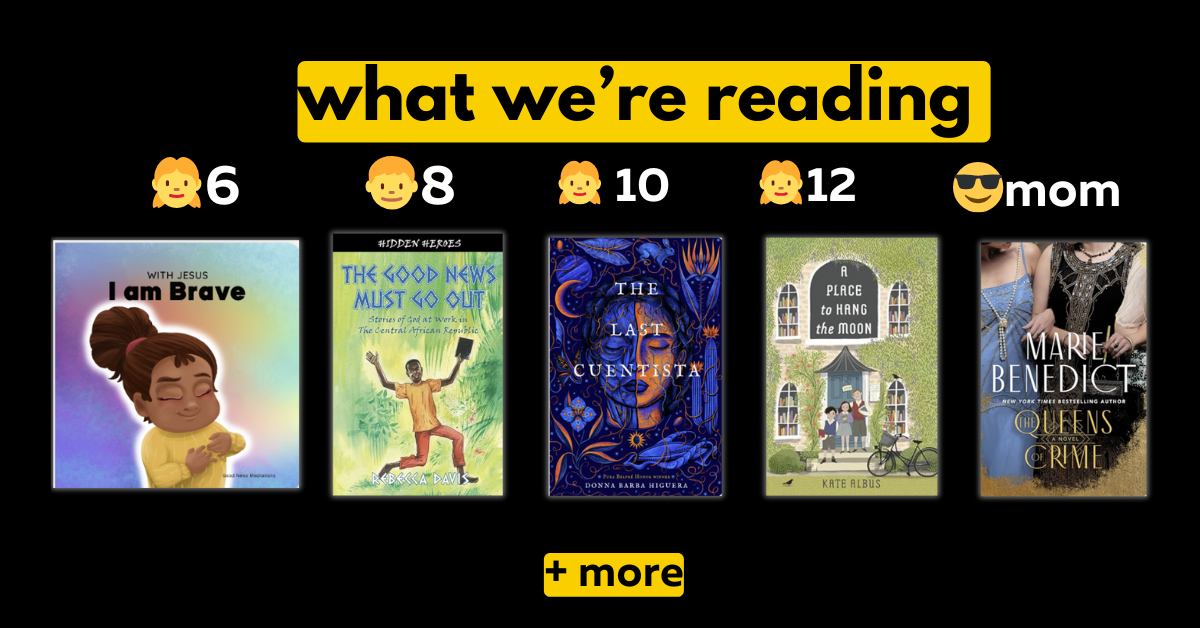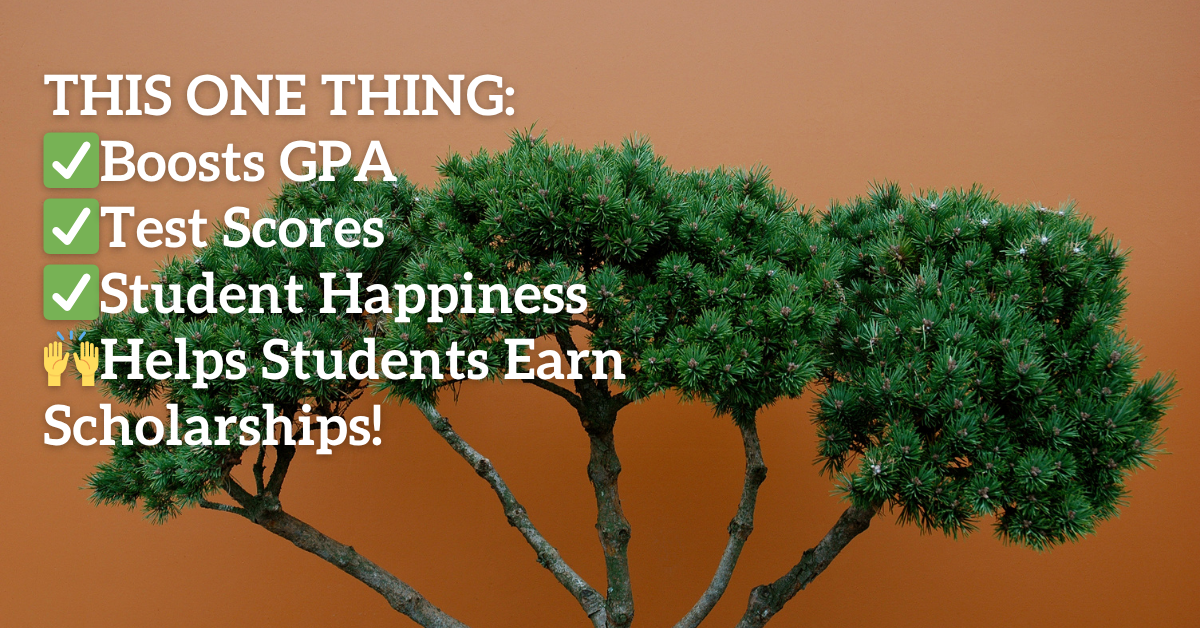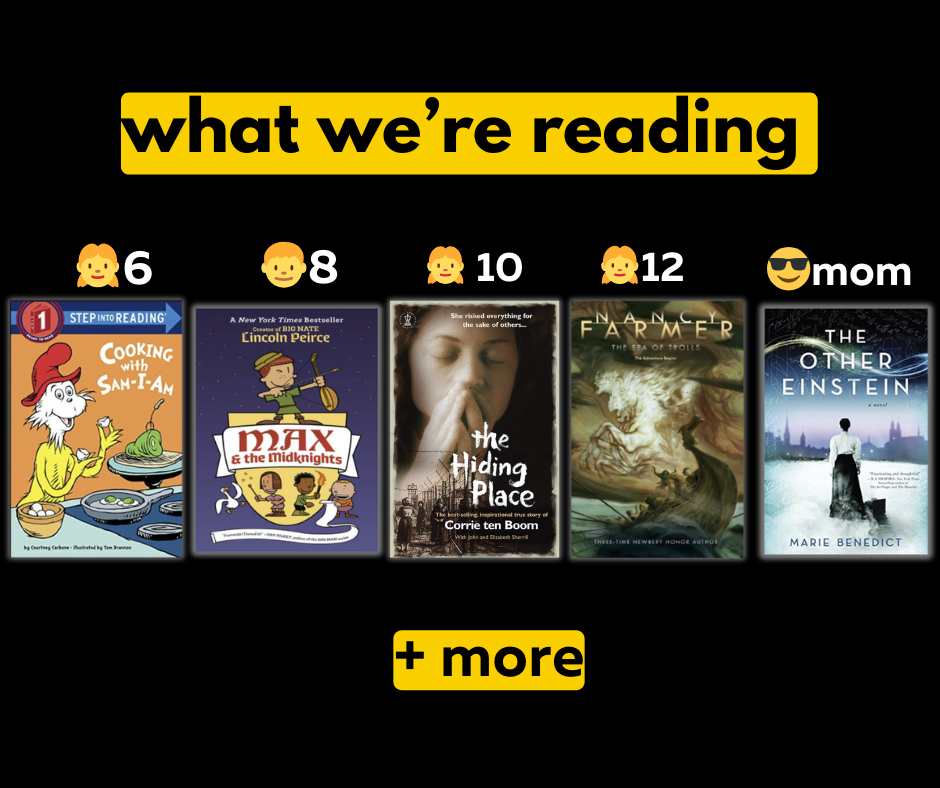
This One Weird Trick Boosts GPA, Test Scores, Student Happiness, and Even Helps Students Earn Scholarships!
“Clickbait.”
We’ve seen the “This one weird trick” headline so many times that we invented a word for it.
But what if there really were something your student could do that would boost their grades, raise their test scores, make them happier, and increase their chances of earning scholarships? You would want to know about it, right?
Well, there is something your student can do that has been shown to provide all of these benefits.
What is it?
READING
According to one study, “The average marks of pupils who read books rose by 0.22 points overall, which is the equivalent of 3 months’ worth of additional secondary school academic growth.”
Let me put that in different terms: Over the course of a four-year high school career, students who read books get five years’ worth of education!
Students who read do better academically. Period.
TEST SCORES
I have interviewed several SAT and ACT prep experts on my podcast. One such guest was Mike Bergin, who has an impressive resume a mile long. One of his titles is President Emeritus of the National Test Prep Association.
Mike cites a study that shows that students who read:
- Increased reading speed and comprehension
- Enhanced verbal intelligence
- Have greater command of language and vocabulary
All of these skills are essential for high scores on the SAT and ACT.
HAPPINESS
If you clicked on that study that Mike Bergin cites, you also noticed that students who read are happier.
“A nationwide survey commissioned by the National Year of Reading to explore the importance of reading in everyday life confirmed that reading can have real benefits for your health, as well as for your social circumstances, with 86% of respondents confident that reading improves their mood.”
So, even if we don’t care about our kids’ academic performance, surely, we want happier kids. Reading can contribute to that.
SCHOLARSHIPS
So, we know that reading helps students do better in school, increases their test scores, and even makes them happier. But how does reading help students earn scholarships?
Merit Aid, awarded by colleges, can be earned through one of three ways: Athletics, Artistic Ability, or Academics. Less than 2% of students earn athletic scholarships. I don’t know how many students earn scholarships for artistic ability, and unless your student has such an ability, it’s irrelevant here. The vast majority of merit aid is awarded based on a student’s academic profile, in other words, GPA and test scores.
Some colleges post guaranteed merit aid grids on their website. Achieve X GPA plus X Test Score, and the student gets X merit aid dollars. But, even for schools that don’t have scholarship guarantees, higher test scores and GPAs often result in more scholarship funds. So, if reading improves students’ GPAs and test scores, it can also help them earn more merit aid from their future college.
Outside Scholarships, those that come from private organizations not affiliated with colleges, often have GPA and test score requirements for eligibility to apply. So, again, reading can improve a student’s odds of securing outside scholarships. However, there is an even more specific way that students who read have an advantage with these scholarships.
Themed Scholarships are a subset of Outside Scholarships. Whereas most scholarships aim to learn about the student, themed scholarships seek to recognize a student with mastery over a specific topic. Often, these scholarships don’t have minimum GPA or test score requirements.
My favorite scholarship, open to all high school students from grades 9-12, is the VFW’s Voice of Democracy Contest. While the essay prompt for this program changes every year, students who read have a significant advantage over their non-reading peers, as they are better writers and think more deeply about topics.
Themed scholarships can even be won by a student’s familiarity with specific authors of books. The Jane Austen Society of North America offers an annual program in which students are asked to write about Jane Austen.
The Ayn Rand Institute has three different programs: one for her book, “Anthem,” another for “The Fountainhead,” and one for “Atlas Shrugged.”
This fall, students in the Class of 2027 Scholarship Navigator Program will have the opportunity to take part in a book club in which we will read a biography of President Calvin Coolidge. This is in preparation for the full-ride Coolidge Scholarship, open only to high school juniors.
HOMESCHOOLERS
Homeschoolers have a notable edge with these types of scholarships: They can integrate them into their homeschool curriculum. For instance, the VFW’s Voice of Democracy program could certainly be used as part of a civics curriculum (in fact, some public and private high schools do just that). Something like the Coolidge Scholarship can be incorporated into a history curriculum. Other scholarships can be incorporated into math, science, and other curricula. Scholarship GPS offers a free download, featuring a list of scholarships that can be used as part of a homeschool curriculum.
Download it for free here.


